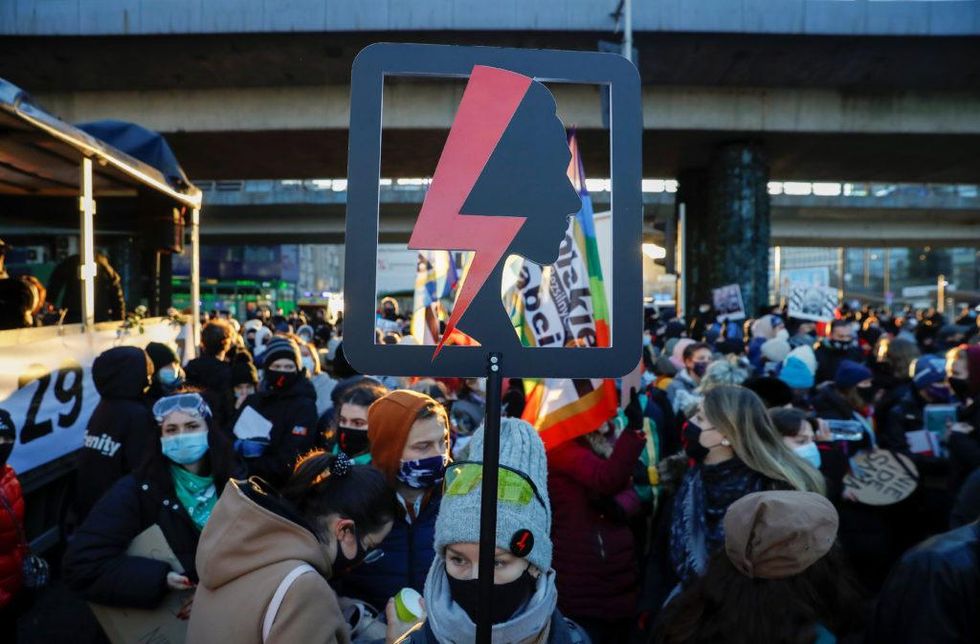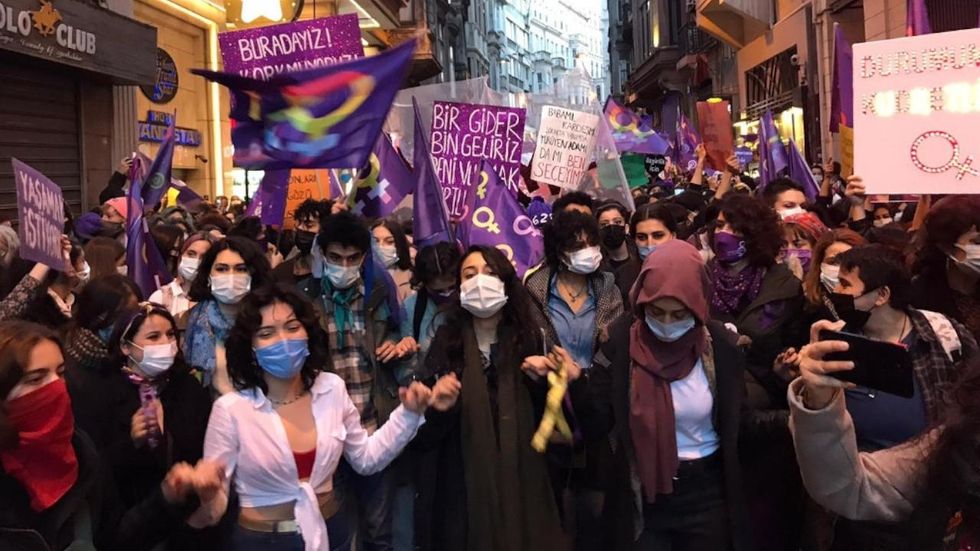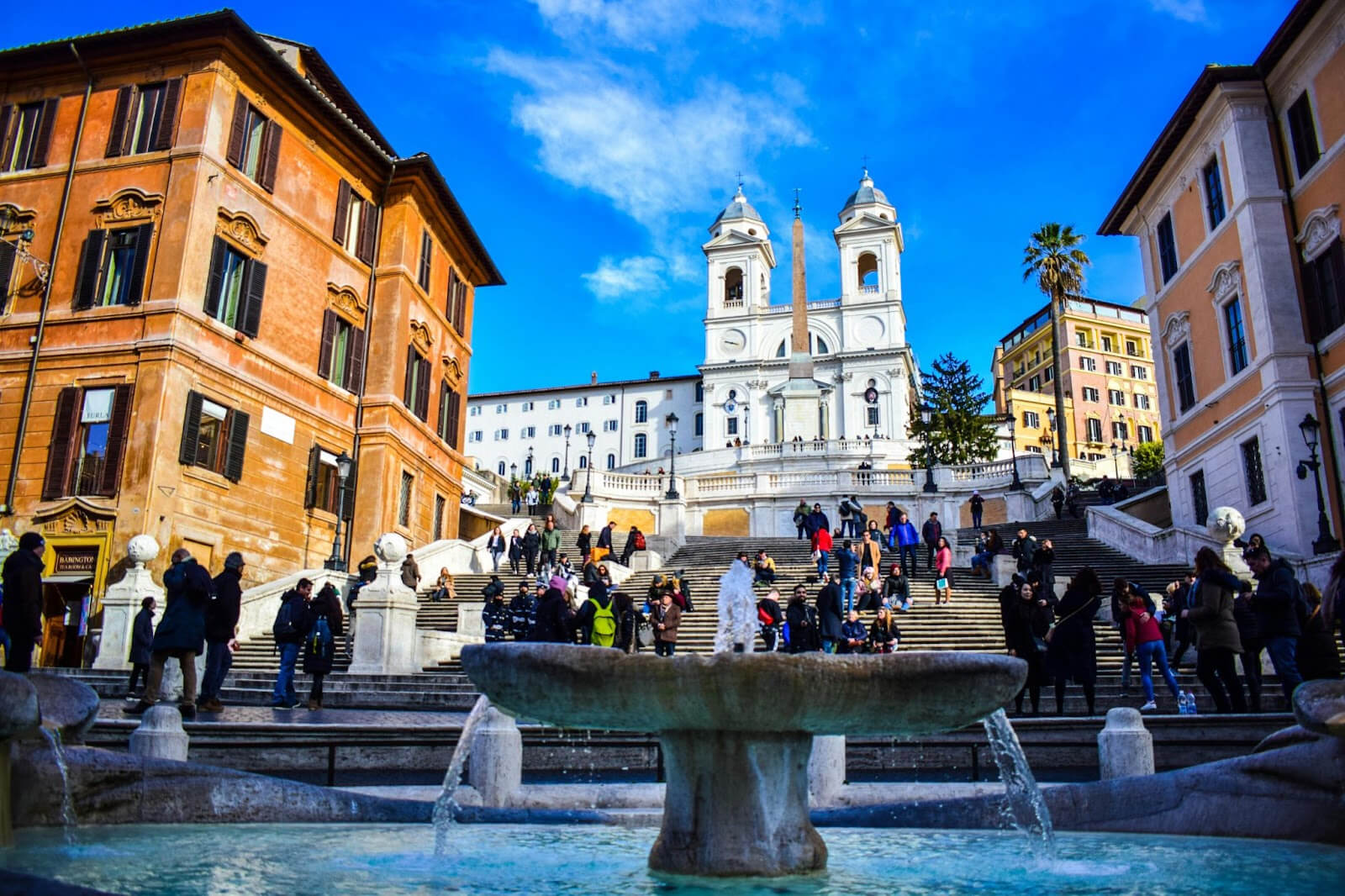
5 Women’s Rights Movements Happening Around the World


But since at least 1914, March 8th has been recognized as International Women’s Day. Originally associated with movements pushing for women’s suffrage, the meaning of March 8th changed in 1917 in Petrograd, Russia when female textile workers used the occasion to go on strike, demonstrating against the czarist system and their country’s devastating involvement in World War I. It marked the beginning of the Russian Revolution.
It would be an understatement to say that women have always played a big role in pushing society forward. And the more of a role they’ve been able to wrestle from patriarchal control, the more they have been able to push for that progress.
With that in mind, let’s take the occasion of Women’s History Month and the recent celebration of International Women’s Day to look at some major women’s movements that are working to push the world forward in 2021. Polish women’s rights protest
In January a ruling from Poland’s Constitutional Court went into effect, labeling nearly all abortions in the predominantly Catholic country unconstitutional.
While there were already harsh restrictions placed on abortion access in Poland, 98% of legal abortions within Poland prior to this ruling were provided on the grounds of severe fetal abnormalities. Now the only legal instances for terminating a pregnancy are cases involving sexual assault and instances in which the mother’s life is in danger.
The ban is unpopular among Polish citizens but is aligned with the interests of the Right-wing Law and Justice party, to which the members of the court are considered to be loyal. Since that time, thousands of women have taken part in the Women’s Strike, taking to the streets of Warsaw to protest for their bodily autonomy and demand unfettered access to abortion services.
For International Women’s Day, strike leaders organized a Women’s Day Without Compromises Protest. As Klementyna Suchanow, one of the movement’s leaders, put it: “We are under attack by religious radicals, and this is an international movement. So we women in different countries, we need to face it and fight against it. It’s something that is happening to all of us: to Argentinians, to Americans, to Poles, to Croatians.”
Mexico: Green Tide and a #MeToo Scandal
Mexico abortions: Pro-choice activists lead social media campaignwww.youtube.com
Speaking of Argentina and abortion, the recent passage of legislation legalizing abortion through the 14th week of pregnancy has sent ripples throughout Latin America. Calling themselves the Green Tide or the Green Wave, protesters in that country pushed politicians in Buenos Aires to acknowledge their rights and have become an inspiration for an expanding women’s movement throughout the region.
In Mexico, that has included a protest movement pushing for improved abortion access, especially in the 30 states where it is currently subject to harsh restrictions — access is more available in Oaxaca and in the State of Mexico. But it has also melded with some other issues, including protests of President Andrés Manuel López Obrador’s continued support of Félix Salgado Macedonio.
Salgado Macedonia is a candidate for governor of the state of Guerrero who has been accused of sexual misconduct and assault by at least five women in incidents spanning decades.
Iran: The Right to Leave
In recent years women have been a big part of protests in Iran. In addition to protest movements against various sexist social restrictions — like a dress code requiring women to wear head scarves in public — women were deeply involved in the bloody November 2019 protests, in which the government crackdown killed hundreds.
In recent weeks the story of alpine ski coach Samira Zargari — whose husband barred her from joining her team at the world championship in Italy last month — sparked a social media backlash, with women asserting that a husband should not be allowed to control their wives’ travel and careers. An online petition to reform Iran’s regulations on women leaving the country quickly amassed tens of thousands of signatures, amid a broader push to end the country’s oppressive treatment of women.
Turkey: Violence Against Women
In Istanbul’s Taksim Square in Turkey, around 1000 women gathered for International Women’s Day, despite Erdogan’s government shutting down public transit in the area. They were there to advocate for LGBTQ+ rights and to protest their government’s lack of action to address violence against women.
The rate at which Turkish women have been murdered has reportedly doubled over the last decade. Many of these deaths involve domestic violence and “honor” killings that are often treated leniently by Turkish courts. As one protester Sumeyye Kose put it, “We are oppressed under the male power every day. Women’s murderers are rewarded by not being punished.”
Japan: A Voice for Women in Leadership
In 2020 the World Economic Forum ranked Japan 121st out of 153 countries in terms of gender parity. Women make up only about 10% of the membership of Japan’s parliament — far lower than the underwhelming global average of 25-30% — and on average Japanese women earn about half as much as Japanese men.
Given this context, the outrage was particularly deserved when Yoshiro Mori — then chief of the Tokyo Olympic Organizing Committee — recently commented that meetings with women “drag on,” claiming that women talk to0 much. Since then female lawmakers in Japan’s Constitutional Democratic Party organized a demonstration against Mori, wearing white and donning white roses in homage to the American Suffragette movement of the early 20th century.
The display magnified the pressure on Mori, who was eventually forced to resign, but Japan clearly still has a long way to go. Not long after the scandal, Japan’s ruling Liberal Democratic Party invited female lawmakers to sit in on meetings of its mostly-male board of directors — with the stipulation that those observers would not be allowed to talk…






